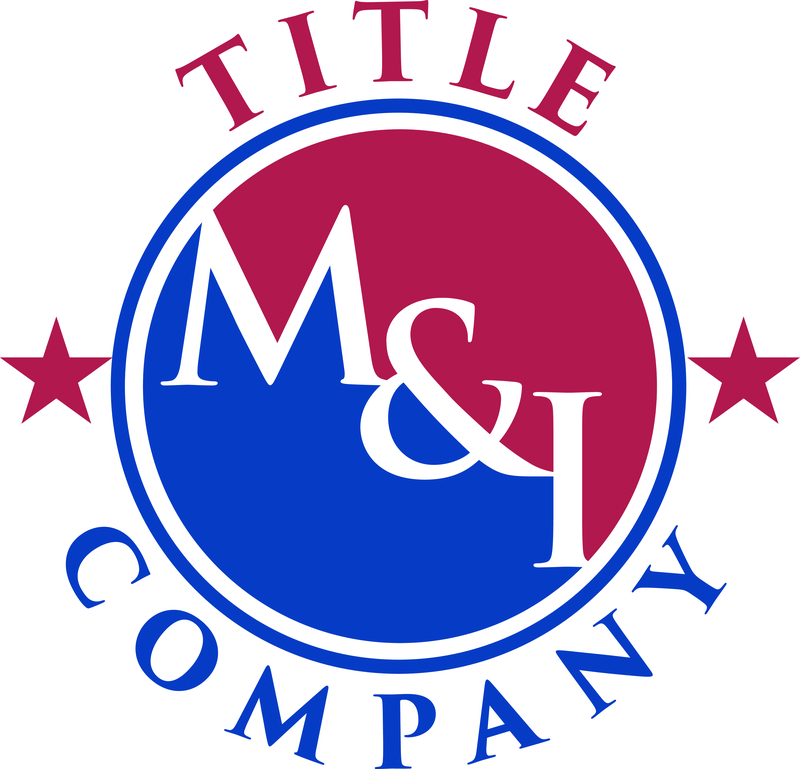 The Federal Housing Finance Agency (FHFA) back in August, 2010, published proposed “guidance” related to private transfer fee covenants that applied to Fannie Mae, Freddie Mac and Federal Home Loan Banks (the “regulated entities). The message in this guidance was that private transfer fees are bad and those regulated enterprises should stay away from lending on real estate subject to such covenants.Subsequent to publishing the guidance the FHFA received several thousand comments from interested parties and has now decided to address this subject by regulation and has proposed new regulation with regard to private transfer fees.
The Federal Housing Finance Agency (FHFA) back in August, 2010, published proposed “guidance” related to private transfer fee covenants that applied to Fannie Mae, Freddie Mac and Federal Home Loan Banks (the “regulated entities). The message in this guidance was that private transfer fees are bad and those regulated enterprises should stay away from lending on real estate subject to such covenants.Subsequent to publishing the guidance the FHFA received several thousand comments from interested parties and has now decided to address this subject by regulation and has proposed new regulation with regard to private transfer fees.
The proposed regulation would restrict the regulated entities from dealing in mortgages on properties subject to certain types of private transfer fee covenants. This proposed regulation would, however, exempt private transfer fees paid to homeowner associations, condominiums, cooperatives , and certain tax-exempt organizations that use the private transfer fees to “provide a direct benefit to the owners of the affected property.”
Public comments on private transfer fees:
The comments on this topic fell into four categories for the most part…I have those categories below as well as some of the comments I found most interesting.
- Private Transfer Fees Are Adverse to the Market and Homeowners – Commenters supporting a complete ban on private transfer fee covenants included many local real estate agent associations and private citizens. The real estate agent
associations generally argued that the fees increase the cost of homeownership, generating revenue for developers or investors while providing no benefits to homebuyers over time. - Private Transfer Fees for Homeowners’ Associations, Condominiums, Cooperatives and Similar Associations Should Be Permitted – Many homeowners’ associations, condominiums, and cooperatives with properties subject to private transfer fee covenants commented that the final guidance should be crafted to allow private transfer fees to these associations. These commenters maintained that private transfer fees fund the capital reserves of their buildings or communities and help to fund critical and necessary capital improvements, upgrades and major repairs. They noted that these improvements increase property values, result in lower regular association dues and create more desirable communities.
- Private Transfer Fees for Section 501 (c)(3’) and (c)(4) Nonprofits Should Be Permitted – Many commenters proposed that FHFA except from the final guidance transfer fees paid to nonprofit corporations where the fees are targeted to social
welfare purposes, environmental purposes, civic betterment and social improvements or to “sustain the real estate infrastructure.” These commenters asserted that certain not-forprofit organizations play important roles by supporting the creation and maintenance of community enhancements such as open space, environmental conservation and preservation, affordable housing and transit improvements. - All Private Transfer Fees, Including the Securitization of the Transfer Fees, Should Be Permitted – A number of commenters, including some developers and builders, opposed
FHFA’s proposed guidance on private transfer fee covenants. These commenters contended that private transfer fees confer the same benefits, and raise the same objections, whether viewed in the context of homeowner associations, apartment cooperatives, nonprofit entities or private for-profit groups. In addition, these commenters advocated for private transfer fees benefitting developers and related parties. One promoter referred to this type of private transfer fee as “capital recovery fees,” implying that the fees recover part of the developer’s investment in a given project in addition to the sales price of the houses in the development.
Not surprising, each group that stood to benefit from the private transfer fees essentially argued that their cause was just and should be allowed while the other uses by other parties, was wrong and should not be permitted.
The FHFA says they took all the comments into consideration and then decided to make the following change from the earlier guidance when drafting the new regulation:
- To except from the rule private transfer fees that are paid to homeowners’ associations and similar associations, and to tax-exempt nonprofit organizations, where the fees are used for the direct benefit of the encumbered properties.
This new regulations will apply only to private transfer fee covenants created after the publication date of this regulation.
To see the news release from the FHFA click here.
To see the complete proposed regulation click here.



Leave a Reply
You must be logged in to post a comment.